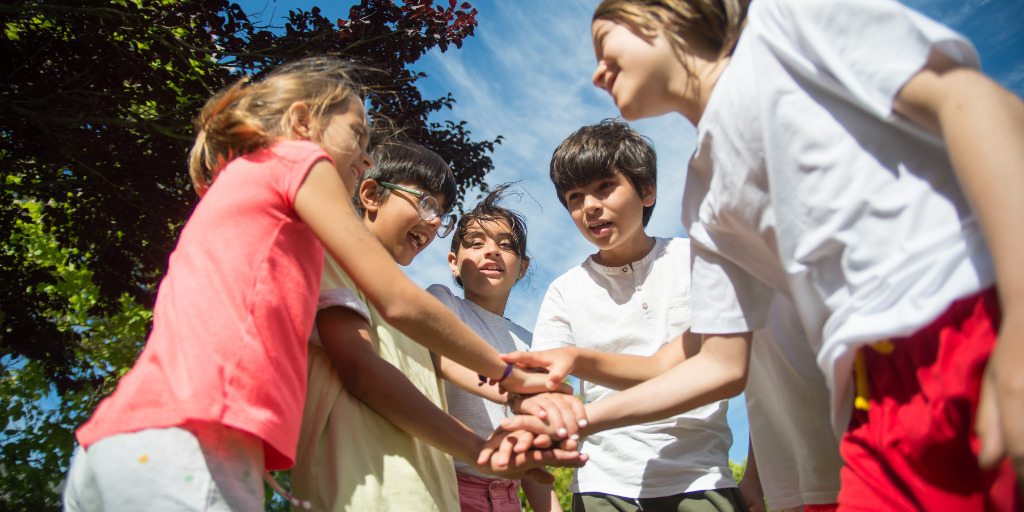
By Professor Tom Harrison, School of Education
It is a commonly heard lament that democratic discourse is in decline. This concern is not just expressed in the UK but also in many countries around the world. Evidence of this growing political division and animosity includes diminished trust in democratic institutions, decreased participation in the political process, failures to mount effective responses to public health, environmental, and economic crises, and widespread susceptibility to disinformation and conspiracy theories. The Internet and social media are widely blamed for the breakdown in democratic discourse, as they have enabled a proliferation of fake news, misinformation, and forms of online abuse such as trolling. The general view is that many of us live in ‘echo chambers’ in which we only encounter views that are similar to our own, fueling polarisation.
A potential antidote to growing mistrust and polarisation is education programmes that help children and young people become more news literate. In simple terms, news literacy consists of the critical thinking skills and knowledge required for evaluating the reliability and credibility of news stories and other forms of information. A growing body of research shows that school interventions based on delivering news and digital literacy programmes contribute to pupils’ ability to critically evaluate information.
One such program is NewsWise, a UNESCO-awarded UK cross-curricular news literacy program run by the Guardian Foundation for 7-11-year-olds. Funded by the Nuffield Foundation, a team from the Jubilee Centre for Character and Virtues and School of Education at the University of Birmingham, in partnership with the University of Liverpool, the National Literacy Trust and PSHE Association, is currently conducting a nationwide randomised controlled trial to evaluate the impact of NewsWise. The results of the trial, due later this year, aim to show the impact of teaching news literacy to 9-11-year-olds.
This research has a broader and more ambitious aim than the impact evaluation of the NewsWise program. A hypothesis that we are seeking to test is the extent to which the development of news literacy skills and knowledge contributes to pupils’ positive attitudes towards civic engagement. In our research, we define civic engagement as involvement, as well as an interest in and intention to participate, in community and political life. We believe that establishing a link between news literacy and youth civic engagement will enhance the quality of youth activism. Our belief is that future activism, which is vital for fighting social injustice and tackling global challenges, should be informed by established, balanced, and credible evidence.
This approach might be termed ‘factivism’ – a term used to describe the use of accurate evidence and data to bring about meaningful and necessary change. Leaving aside Karl Popper’s assertion that there are no such things as ‘facts’ (just knowledge that can be falsified), the term hones in on the need for civic engagement to be grounded on the best evidence currently available. The approach rejects purely ideological approaches to advocacy and, instead, promotes the view that well-sourced and factual evidence should be sought to ground civic engagement activities. If ‘factivism’ is to take hold, then debates on big issues are less likely to be about ‘who is right’ and more about ‘what should we do’.
One of the aims of the NewsWise program is to help children and young people to become better readers of news and sources of online information and learn how to establish what is more likely to be a ‘fact’ from that which is ‘fiction’. If, in our trial, we are able to establish a link between news literacy and civic engagement, then the hope is that debates on opposing views will be more likely to be based on evidence and conducted with civility. This is a grand hope, but hope (alongside conducting research with integrity) is an important virtue for any researcher to possess if they are to try to find answers to the big questions of the day.
- Find out more about Professor Tom Harrison
- More about the Jubilee Centre for Character and Virtues at the University of Birmingham
- Back to Social Sciences Birmingham
The views and opinions expressed in this article are those of the author and do not necessarily reflect the official policy or position of the University of Birmingham.
